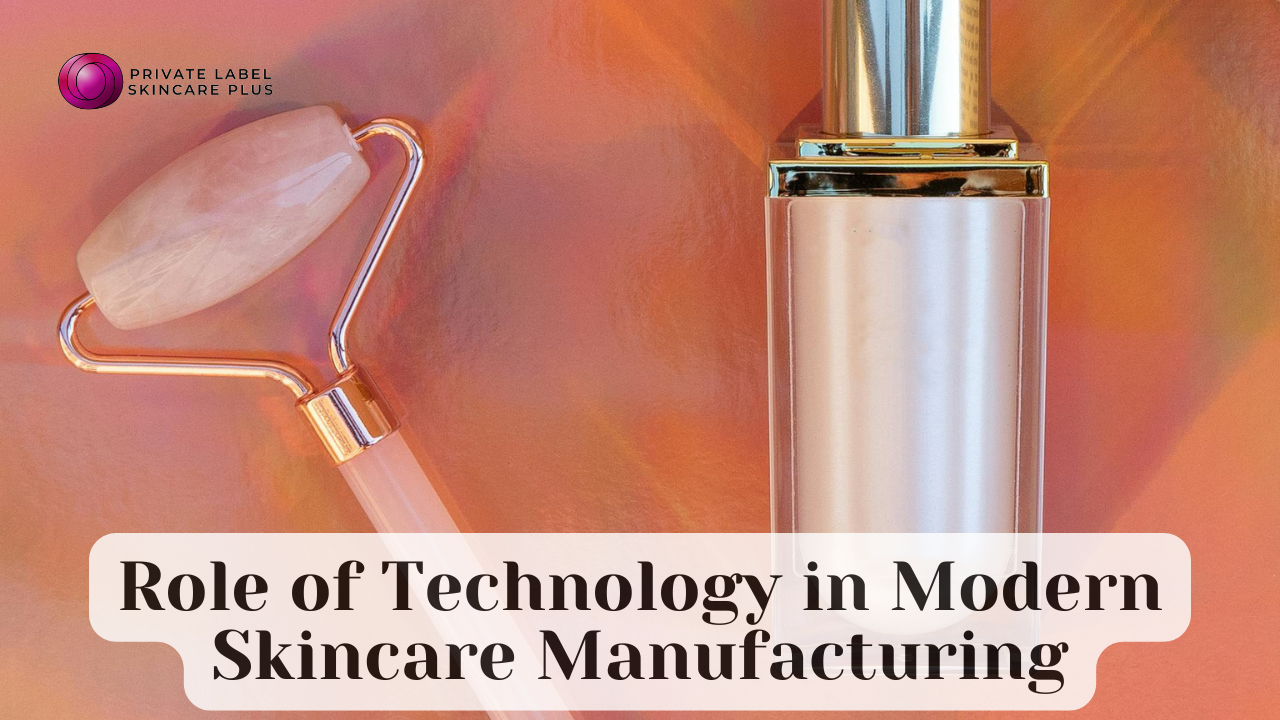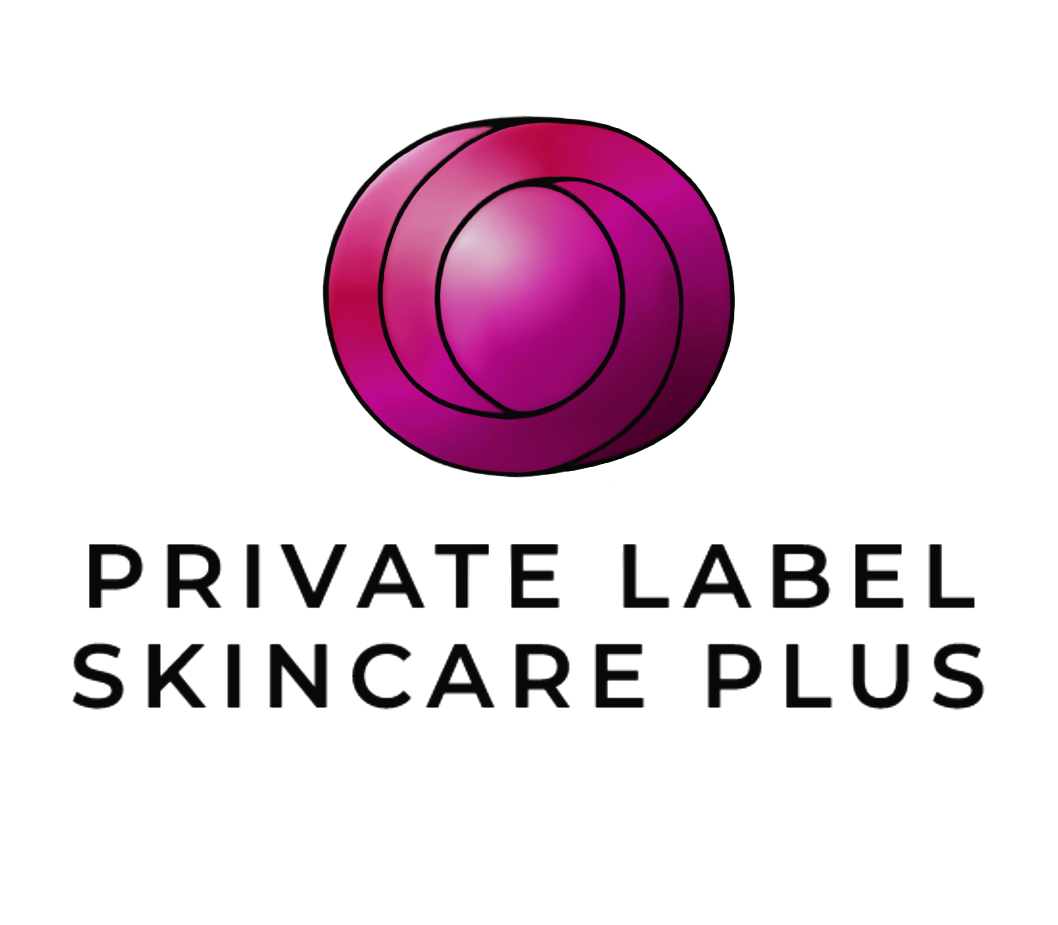Technology is reshaping skincare manufacturing, introducing advanced production methods, ingredient innovation, and sustainable practices. From custom formulations tailored to individual skin needs to branding techniques that create a strong market presence, the industry is evolving rapidly. Modern manufacturing also integrates silkscreen printing for premium packaging aesthetics, ensuring products stand out on shelves. This article explores the key technological advancements driving skincare manufacturing technology and their impact on advanced skincare production.
Innovations in Skincare Formulation Technology
The formulation of skincare products has advanced significantly, with technology enabling more effective and sustainable ingredient solutions. These innovations allow for precise customization, improved efficacy, and enhanced stability.
AI and Machine Learning in Ingredient Selection
Artificial intelligence and machine learning are transforming ingredient selection, ensuring formulations are safe, effective, and scientifically optimized. AI algorithms analyze extensive dermatological data to identify the most compatible ingredient combinations. These systems help refine custom formulations by tailoring ingredient concentrations based on factors like skin type, environmental exposure, and genetic tendencies.
With AI-powered formulation tools, manufacturers can create products that adapt to individual needs while ensuring consistency and efficacy. This data-driven approach eliminates guesswork, providing consumers with skincare solutions backed by scientific research.
Biotechnology in Skincare: Lab-Grown Ingredients and Sustainable Actives
Biotechnology is revolutionizing skincare by developing lab-engineered active ingredients that are both effective and eco-friendly. These innovations allow manufacturers to produce highly potent skincare compounds without over-extracting natural resources. Key advancements include:
- Bioengineered peptides and proteins that stimulate collagen production and improve skin elasticity.
- Fermentation-derived actives that offer high stability and enhanced absorption.
- Microbiome-friendly formulations that support healthy skin flora, reducing irritation and breakouts.
With biotechnological advancements, custom formulations can be designed to address specific skin concerns while maintaining sustainability and ethical production standards.
Nanotechnology: Enhanced Penetration and Ingredient Stability
Nanotechnology is optimizing the effectiveness of active ingredients by reducing their particle size for deeper penetration. This method enhances ingredient stability, allowing skincare compounds like vitamins, antioxidants, and peptides to reach the skin’s deeper layers.
Encapsulation technologies, such as liposomes and microspheres, protect sensitive ingredients from environmental degradation. This ensures that active compounds remain effective throughout a product’s shelf life and deliver long-lasting results. Nanotechnology also enables controlled-release formulations, allowing skincare actives to be gradually absorbed, reducing the risk of irritation and enhancing overall efficacy.

Advanced Skincare Production Techniques
The manufacturing process of skincare products has become more efficient, precise, and sustainable thanks to modern production technologies. Robotics, automation, and cold-processing techniques are revolutionizing the way skincare products are developed and packaged.
Automation and Robotics in Manufacturing
Automation has significantly improved skincare production by minimizing human error, increasing efficiency, and ensuring product consistency. Robotics and automated systems are now responsible for:
- Ingredient mixing and homogenization to maintain uniformity.
- Automated dosing and filling for precise measurements.
- Quality control inspections using machine vision technology.
By integrating AI-driven manufacturing, companies can maintain high production volumes without compromising product quality. Automated manufacturing also ensures that branding elements, such as silkscreen printing, are applied with precision to enhance packaging aesthetics.
3D Printing for Custom Skincare Solutions
3D printing technology is redefining personalized skincare by allowing on-demand manufacturing of tailored products. This innovation supports the development of:
- Custom face masks designed for specific facial structures and skin concerns.
- Layered skincare formulations that address multiple skin issues in a single product.
- Efficient production methods that minimize waste and reduce excess inventory.
By utilizing 3D printing, manufacturers can create custom formulations that cater to individual skincare needs, ensuring optimal results and improved customer satisfaction.
Cold Processing: Preserving Potency and Sustainability
Cold processing is an advanced manufacturing technique that eliminates the need for heat during production. This method preserves the potency of active ingredients while reducing energy consumption. Benefits include:
- Higher efficacy of heat-sensitive compounds like vitamins and antioxidants.
- Improved sustainability by reducing carbon emissions from manufacturing.
- Enhanced product texture for lighter, more absorbent skincare formulations.
Cold processing supports the growing demand for sustainable and eco-conscious skincare, making it a valuable addition to modern manufacturing practices.
Smart Packaging and Sustainability
Packaging plays a crucial role in skincare manufacturing, not only protecting products but also influencing consumer perception. Technological advancements in packaging design are enhancing both sustainability and user engagement.
Smart Packaging: Enhancing Consumer Engagement
Smart packaging integrates digital technologies such as RFID tags, NFC chips, and QR codes to provide consumers with real-time product information. These innovations allow users to:
- Verify ingredient authenticity and trace product origins.
- Access personalized skincare recommendations.
- Monitor product freshness and expiration.
Incorporating silkscreen printing into smart packaging designs enhances the visual appeal of skincare products, creating a premium look while maintaining eco-friendly packaging standards.
Sustainable Packaging and Waterless Formulations
Sustainability in skincare packaging is becoming a priority, with manufacturers shifting towards biodegradable materials and refillable systems. Waterless formulations, such as powder-based cleansers and solid serums, further reduce the need for excessive packaging.
Key sustainable packaging trends include:
- Recyclable and compostable materials that reduce plastic waste.
- Refillable containers that extend product life cycles.
- Minimalist designs that eliminate unnecessary packaging components.
By integrating sustainable packaging solutions, skincare manufacturers are aligning with the growing demand for environmentally responsible beauty products.
AI-Driven Personalization and Custom Skincare
Artificial intelligence is playing a pivotal role in delivering personalized skincare solutions. AI-powered diagnostics and data-driven formulations are making skincare more tailored and effective.
AI-Powered Skin Analysis and Diagnostics
AI-driven skin analysis tools use imaging technology to assess various skin parameters, such as hydration levels, wrinkle depth, and oil production. These insights help consumers select the most suitable skincare products based on real-time diagnostics. AI also assists in adjusting formulations over time, ensuring continuous improvement in skincare routines.
Custom-Formulated Skincare Products
AI-powered skincare solutions are enabling the creation of custom formulations that cater to individual needs. By analyzing lifestyle factors, environmental conditions, and genetic predispositions, manufacturers can produce targeted skincare solutions that adapt to each user’s skin concerns.
This level of customization not only enhances product effectiveness but also minimizes ingredient waste, as formulations are specifically designed to meet individual requirements. AI-driven personalization is expected to become a standard practice in skincare manufacturing.
The Future of Skincare Manufacturing
The skincare industry is set to evolve further with the integration of blockchain technology for ingredient traceability, artificial skin models for ethical product testing, and smart wearable devices that monitor skin health. These advancements will enhance transparency, efficacy, and sustainability in skincare production.
As technology continues to shape skincare manufacturing, the industry will prioritize custom formulations, branding, and eco-conscious production to meet consumer demands. The integration of AI, biotechnology, and sustainable packaging will define the next generation of skincare innovations.
Conclusion
Technology is driving significant advancements in skincare manufacturing, from AI-powered ingredient selection to silkscreen printing for premium packaging designs. Modern production techniques, such as cold processing and 3D printing, are improving efficiency and sustainability while ensuring high-quality formulations. With a growing focus on custom formulations and branding, the future of skincare manufacturing will continue to prioritize innovation, personalization, and eco-friendly solutions.


